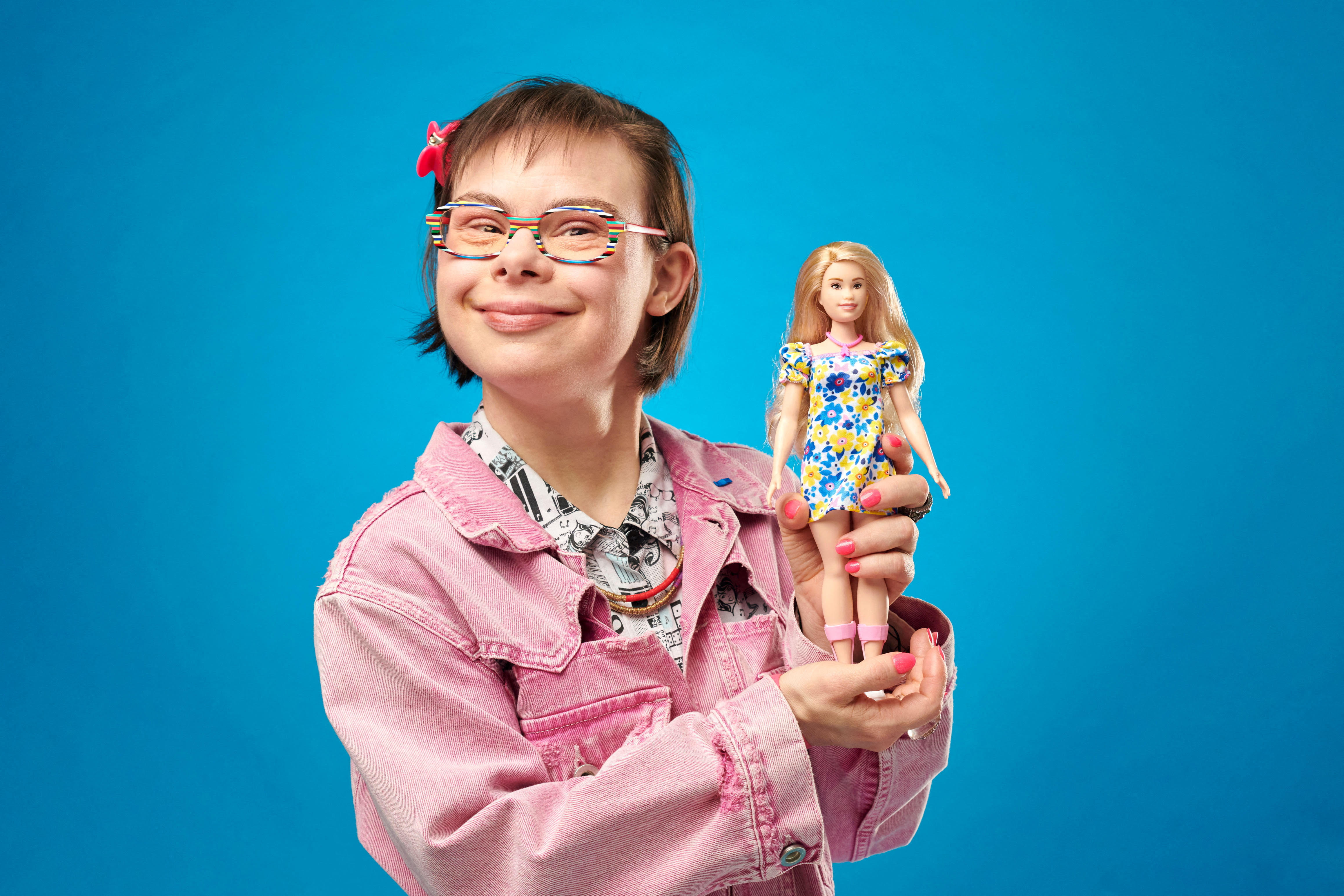« Back to Blog

Celebrating Diversity with Mattel’s New Release of a Down Syndrome Barbie Doll
May 5, 2023Mattel, the iconic toy brand, has released a new Barbie doll representing a person with Down syndrome. The latest addition is part of Mattel's Barbie Fashionistas line, which aims to provide children with more diverse representations of beauty and to fight against the stigma surrounding physical disabilities. The Barbie Fashionistas line has previously included dolls with prosthetic legs, hearing aids, wheelchairs, and the skin condition vitiligo.
The newest Barbie doll was developed in close collaboration with the National Down Syndrome Society to ensure it accurately represents a person with Down syndrome. The genetic condition affects cognitive ability, causing mild to severe learning disabilities and distinctive facial characteristics. The doll's shape, features, clothing, accessory, and packaging were all carefully crafted to provide an accurate representation.
The new Barbie doll has a shorter frame and a longer torso, a rounder face shape, smaller ears, and a flat nasal bridge. The eyes are slightly slanted in an almond shape, a common trait in people with Down syndrome. Additionally, the doll's palms include a single line, another characteristic often associated with the condition.
The Barbie doll's outfit was also designed with Down syndrome awareness in mind. She wears a pink ankle foot orthotic to match her dress, and her sneakers feature a zipper to represent children with Down syndrome who use orthotics to support their feet and ankles. The doll's puff-sleeved dress pattern features butterflies and yellow and blue colors, symbols, and colors associated with Down syndrome awareness. Finally, the doll's pink pendant necklace with three upward chevrons represents the three copies of the 21st chromosome, which is the genetic material that causes the characteristics associated with Down syndrome.
Pediatric occupational and physical therapists can use the new Barbie doll in treatment plans. Doll play can be a helpful tool for children with Down syndrome to develop social skills, communication skills, and cognitive skills. Playing with dolls can also help children develop a sense of self-identity and self-worth, which is essential for children with Down syndrome who may struggle with self-esteem.
The Barbie doll can also help promote inclusion and understanding among children without disabilities. Children can develop empathy and compassion for those different from them by playing with a doll representing a person with Down syndrome. This understanding can help reduce social stigma and promote a more inclusive society.
The new Barbie doll representing a person with Down syndrome is a significant step forward for inclusion and representation. The doll accurately portrays the physical characteristics of people with Down syndrome and promotes awareness of the condition. Pediatric occupational and physical therapists can use the doll as a tool in their treatment plans. At the same time, children without disabilities can learn about and develop empathy for those who are different from them. Ultimately, the new Barbie doll is a positive development in the toy industry in celebrating all the beautiful differences and abilities in our communities and society as a whole.
If you are looking to explore the exciting new pediatric home and center-based positions, Therapeutic Resources always has exclusive opportunities not found on common job sites and boards. Send us your information here, and someone will be in touch within 24 hours. We look forward to hearing from you!
